Escape the monotony of daily life and dive into the wilderness through captivating outdoor books. From gripping survival tales to reflections on the natural world, these stories inspire and awaken the spirit of adventure.
Introduction to Outdoor Adventure Books
Outdoor adventure books transport readers to thrilling realms, motivating exploration and connection with nature. These stories immerse readers in the great outdoors, offering a taste of adventure, relaxation, and exploration. Whether you’re a seasoned explorer or a beginner, these books offer insights into humanity’s bond with the environment. Both nonfiction books and novels can capture the essence of wilderness and the allure of the unknown. For instance, Bill Bryson’s A Walk in the Woods humorously recounts his attempt to hike the Appalachian Trail, highlighting the challenges faced by novice hikers. Jon Krakauer's authoritative voice in outdoor adventure literature is well recognized, with works like Into the Wild and Into Thin Air exploring the risks and motivations behind extreme expeditions. Into Thin Air specifically details the tragic events of the 1996 Mount Everest disaster, emphasizing the unpredictability of high-altitude climbing.
Similarly, Caroline Van Hemert, a scientist, offers a unique perspective in The Sun Is a Compass, chronicling her 4,000-mile journey through Alaska with a focus on environmental reflection and the scientific insights gained while reconnecting with nature.
1. "Into the Wild" by Jon Krakauer
Jon Krakauer's authoritative voice in adventure literature shines in Into the Wild, which chronicles the journey of Christopher McCandless, a young man who ventures into the Alaskan wilderness. Driven by a quest to find his own identity, McCandless’s story unfolds as a true page turner, captivating readers with its emotional depth and suspense. The book delves into the history and allure of the Alaskan wilderness, providing context for McCandless’s motivations. The narrative is marked by both adventure and the shadow of death, exploring the fine line between idealism and tragedy.
2. "Wild" by Cheryl Strayed
A personal account of healing and self-discovery as Strayed embarks on a thru hike of the Pacific Crest Trail, showcasing strength through solitude and nature’s healing power. Strayed’s journey was prompted by a broken heart, leading her to seek solace and transformation in the wilderness. Near the end, the memoir stands out as one of the most inspiring love stories between a person and the wild.
3. "A River Runs Through It" by Norman Maclean
A River Runs Through It is a remarkable story that intertwines family, love, and nature through the art of fly fishing in Montana. The book contains all the elements of a classic outdoor narrative: deep family bonds, heartfelt love, and the beauty of the natural world.
It was also adapted into a popular movie, so readers can enjoy both the book and the film for a complete experience.
4. "The Emerald Mile" by Kevin Fedarko
An epic story of the fastest boat ride down the Colorado River, unleashed by the massive floodwaters released from the Glen Canyon Dam, blending adventure with conservation.
As the journey unfolds, tragedy strikes, raising the stakes and testing the limits of those involved.
This book stands out as a survival story set against the backdrop of the Colorado River.
5. "Desert Solitaire" by Edward Abbey
A memoir reflecting on solitude, nature’s value, and the impact of modern development on wilderness. Abbey thoughtfully explores the indigenous history and cultural history of the American Southwest, highlighting how these deep-rooted traditions shape the landscape and our understanding of it. His time spent in New Mexico also influenced his perspective, enriching his observations of the region's unique blend of indigenous, Hispanic, and Anglo cultures. 'Desert Solitaire' captures the indifference of nature to human concerns and emphasizes the need for respect towards wilderness, standing as a true classic of outdoor literature. Similarly, Aldo Leopold’s A Sand County Almanac is a foundational text in environmental literature, emphasizing the importance of conservation and ecology.
Discover the Natural World Through Literature
Outdoor books blend memoir, travelogue, and nature writing to deepen understanding of the environment and inspire conservation. They bring wilderness adventures to life, immersing readers in the thrill and challenge of exploring remote, natural landscapes. These stories often explore human nature in the face of adversity, highlighting resilience, morality, and the complexities of human behavior. They reveal the beauty and fragility of our planet through the eyes of adventurers and naturalists. Authors like Bill Bryson further deepen our understanding of the environment through their engaging and insightful writing. Similarly, Kate Harris, in her book 'Lands of Lost Borders,' recounts her journey cycling along the Silk Road, reflecting on exploration, curiosity, and the emotional journey of crossing lost borders—uncharted or forgotten regions that challenge our perceptions of boundaries and adventure.
Classic Outdoor Adventure Books
From Shackleton’s Antarctic expedition to Chris McCandless’s Alaskan journey, classic outdoor books capture human perseverance and discovery. John Muir stands out as a pioneering figure in outdoor adventure literature, whose explorations and writings shaped the way we view wilderness. Stories of trailblazing explorers and survival tales inspire and educate readers. The achievements of the first woman to circumnavigate the globe by bicycle or lead a major expedition mark groundbreaking milestones in outdoor adventure. Joe Simpson’s legendary survival story, as recounted in his gripping accounts of survival against the odds in extreme mountaineering conditions, exemplifies the genre’s compelling appeal. Some classic outdoor books, especially those recounting Everest expeditions, reveal the tragic ambitions that drove climbers to risk everything. The high plains, with their expansive landscapes and rich history of ranching and conservation, serve as a classic backdrop for stories of personal journeys and environmental efforts. Alfred Lansing’s Endurance: Shackleton’s Incredible Voyage details Ernest Shackleton’s failed Antarctic expedition and the crew’s remarkable survival, further showcasing the resilience of the human spirit. Several of these works have even been recognized with the Pulitzer Prize for their literary excellence.
Regional Outdoor Adventures
Regional outdoor adventures invite readers to experience the breathtaking diversity of the American landscape, each region offering its own unique challenges and rewards. Embarking on the Pacific Crest Trail or the Appalachian Trail means traversing the entire length of some of the country’s most iconic wilderness corridors, from the high peaks of the Sierra Nevada to the lush forests of the East. These epic stories of thru hiking are more than just physical feats—they’re journeys into the heart of the natural world, where every step brings new discoveries and a deeper appreciation for the land. Eric Blehm’s The Last Season tells the story of a park ranger’s life and mysterious disappearance in the Sierra Nevada, highlighting the connection to nature and the challenges of wilderness.
The Grand Canyon, immortalized in “The Emerald Mile,” stands as a testament to the power and beauty of nature. The book’s true story of a record-breaking run down the Colorado River is a thrilling reminder of the sheer force of water and rock, and the human will to push boundaries. Meanwhile, tales set in the Alaska wilderness, like “Into the Wild,” capture the allure of remote, untamed places where adventure and self-discovery go hand in hand. In the American Southwest, “Desert Solitaire” paints vivid descriptions of the stark beauty and solitude found among red rocks and open skies. Kevin Fedarko’s The Emerald Mile further emphasizes the challenges and triumphs of navigating the Grand Canyon during a record-breaking flood year, showcasing the determination and skill of the river guides involved.
These stories not only inspire a sense of adventure but also highlight the importance of preserving our wild places. By exploring the natural wonders of regions like the Pacific Northwest, the Mojave Desert, and beyond, outdoor books encourage us to cherish and protect the landscapes that shape our most remarkable stories. Cape Cod, with its scenic coastline and tranquil atmosphere, stands out as a peaceful retreat and a source of inspiration for writers and nature lovers. Likewise, the setting of an isolated island often tests characters’ resilience and connection to nature, contributing to powerful themes of survival, discovery, and introspection.
Philosophy and Outdoor Adventure
Outdoor adventure is as much a journey of the mind as it is of the body. The philosophy woven through classic outdoor books invites readers to reflect on their place in the natural world and the meaning of true adventure. Works like Henry David Thoreau’s “Walden” and Aldo Leopold’s “A Sand County Almanac” are more than just accounts of time spent in nature—they are meditations on self sufficiency, simplicity, and the pursuit of a life aligned with the rhythms of the earth.
Many authors recount personal projects or journeys that spanned significant periods, such as building a cabin or living in the wilderness for two and a half years, using these half years as a framework for philosophical reflection and personal growth.
These books challenge us to consider what it means to live authentically, to find purpose and fulfillment not in material possessions, but in the quiet moments spent among trees, rivers, and mountains. The act of venturing into the wild becomes a metaphor for exploring the unknown within ourselves, prompting questions about our values, our relationship with the environment, and our responsibilities as stewards of the land. Robin Wall Kimmerer’s Braiding Sweetgrass blends indigenous wisdom, scientific knowledge, and personal experience, offering profound insights into the natural world and our connection to it.
Through the lens of outdoor adventure, philosophy comes alive, urging us to seek out experiences that foster growth, resilience, and a deeper connection to the world around us. Whether you’re drawn to the solitude of an old growth forest or the challenge of a sheer rock face, these stories remind us that every adventure is an opportunity to discover not just new landscapes, but new ways of seeing and being in the world.
Personal Growth through Outdoor Adventure
The path to personal growth often winds through the wildest corners of the earth. Outdoor adventure books are filled with inspiring stories of individuals who set out into the unknown and return forever changed. In “Wild,” Cheryl Strayed’s journey along the Pacific Crest Trail becomes a powerful metaphor for healing and transformation, while Jon Krakauer’s “Into Thin Air” recounts the extraordinary story of survival and loss on the world’s highest peaks. William Finnegan's Barbarian Days is another compelling memoir, exploring the author's life shaped by surfing and travel, reflecting on self-discovery.
These stories show that stepping beyond the comforts of daily life and into the embrace of nature can spark profound self-discovery. Whether facing the thin air of a mountain summit or the solitude of a remote trail, adventurers are pushed to confront their fears, adapt to challenges, and tap into reserves of strength they never knew they had. The natural world becomes both a testing ground and a sanctuary, offering lessons in resilience, humility, and hope.
Through the trials and triumphs of outdoor adventure, individuals often find a renewed sense of purpose and a deeper understanding of themselves and their place in the world. These journeys remind us that the greatest rewards often come from embracing uncertainty, trusting in our own abilities, and allowing the beauty and unpredictability of nature to guide us toward growth and renewal.
Conservation and Wildlife Preservation
Many outdoor books highlight the importance of protecting nature. The best conservation stories contain all the elements of adventure, science, and passion, making them both compelling and educational. Stories like “The Emerald Mile” and “The Lost City of Z” weave conservation into thrilling adventures, emphasizing our role as stewards of the environment. David Grann's The Lost City of Z: A Tale of Deadly Obsession in the Amazon chronicles a British explorer's obsession with finding a lost city in the Amazon, blending exploration with the theme of conservation. This is precisely what makes the message of protecting nature so vital for future generations. Conservation efforts also help communities preserve their own identity by maintaining the natural and cultural heritage that defines them. Similarly, Jack London’s The Call of the Wild tells the story of a dog named Buck who is forced into the life of a sled dog in the Yukon, highlighting the harsh realities of survival and the bond between humans and nature.
Science and Outdoor Adventure
The world of outdoor adventure is deeply intertwined with scientific discovery, offering a unique lens through which we can better understand the natural world. Trails like the Pacific Crest Trail, stretching over 2,600 miles through the Pacific Northwest, serve not only as epic routes for adventurers but also as living laboratories for ecologists and naturalists. Exploring these vast landscapes reveals the intricate web of life that thrives in old growth forests, high alpine meadows, and arid deserts. Outdoor adventure encourages a hands-on appreciation for the land, inspiring both scientists and explorers to observe, document, and protect the delicate balance of ecosystems. By venturing into the wild, we gain insights into the relationships between species and their environments, fostering a deeper respect for the world around us. These journeys remind us that every adventure is an opportunity to learn, and that our explorations can help safeguard the natural wonders that make our planet extraordinary.
Spiritual Outdoor Experiences
For many, the great outdoors is more than just a place for physical adventure—it’s a sanctuary for the soul. Spiritual outdoor experiences offer a chance to step away from the noise of daily life and reconnect with the deeper rhythms of nature and the world. Iconic trails like the Appalachian Trail invite hikers to reflect on their place in the natural world, with each sunrise over a misty ridge or quiet moment beneath towering trees sparking a sense of awe and gratitude. The Grand Canyon, with its sheer rock face and breathtaking vistas, has long inspired visitors to contemplate the vastness of the universe and the mysteries of human existence. Immersing ourselves in these remarkable landscapes can lead to profound moments of clarity and wonder, helping us find meaning, purpose, and a renewed appreciation for the beauty and complexity of nature. In the great outdoors, we often discover not just the world around us, but also a deeper connection to ourselves.
Building Community through Outdoor Adventure
Outdoor adventure books often reveal that the journey is as much about the people we meet as the places we explore. Whether it’s the camaraderie found on the Appalachian Trail or the friendships forged while navigating the depths of the Grand Canyon, these stories highlight the power of shared experience. The Indian Creek Chronicles, for example, tells the story of a young man living in the wilderness, discovering not only the challenges of self-reliance but also the importance of building relationships with others. Thru hiking and group expeditions foster a unique sense of community, where individuals support one another through adversity and celebrate each triumph together. These bonds, formed in the heart of adventure, often last a lifetime and enrich the overall experience. By coming together in pursuit of a common goal, outdoor enthusiasts create a vibrant, supportive network that extends far beyond the trail, reminding us that adventure is best when shared. Joe Simpson’s Touching the Void recounts his harrowing survival story after a climbing accident in the Andes, further illustrating the profound connections and resilience forged in extreme circumstances.
Outdoor Adventure and Therapy
The healing power of the natural world is a recurring theme in many outdoor adventure stories. Immersing oneself in nature—whether trekking the Pacific Crest Trail or facing the thin air of a mountain summit—can be a transformative experience, offering hope and renewal in the face of life’s challenges. Cheryl Strayed’s inspiring story of hiking the Pacific Crest Trail is a testament to the therapeutic potential of outdoor adventure, as she finds strength and clarity amid the wild beauty of the landscape. Similarly, Jon Krakauer’s “Into Thin Air” explores the psychological and emotional trials encountered during a harrowing expedition, highlighting how adversity in nature can lead to profound personal growth. By embracing the unpredictability and majesty of the natural world, individuals can tap into resilience, process grief, and rediscover a sense of purpose. Outdoor adventure, in this way, becomes a powerful form of therapy—one that nurtures both body and spirit, and offers hope for a brighter tomorrow.
Closing Thoughts
Outdoor adventure books entertain and enlighten, offering fresh perspectives on nature and humanity’s connection to it. Whether new to the wild or experienced, these tales invite you to embark on your own journey—your next great adventure awaits.
Conclusion
Whether armchair traveler or seasoned adventurer, these best outdoor books bring the wilderness to life through words. Grab a book, find a cozy spot, and let your adventure begin.


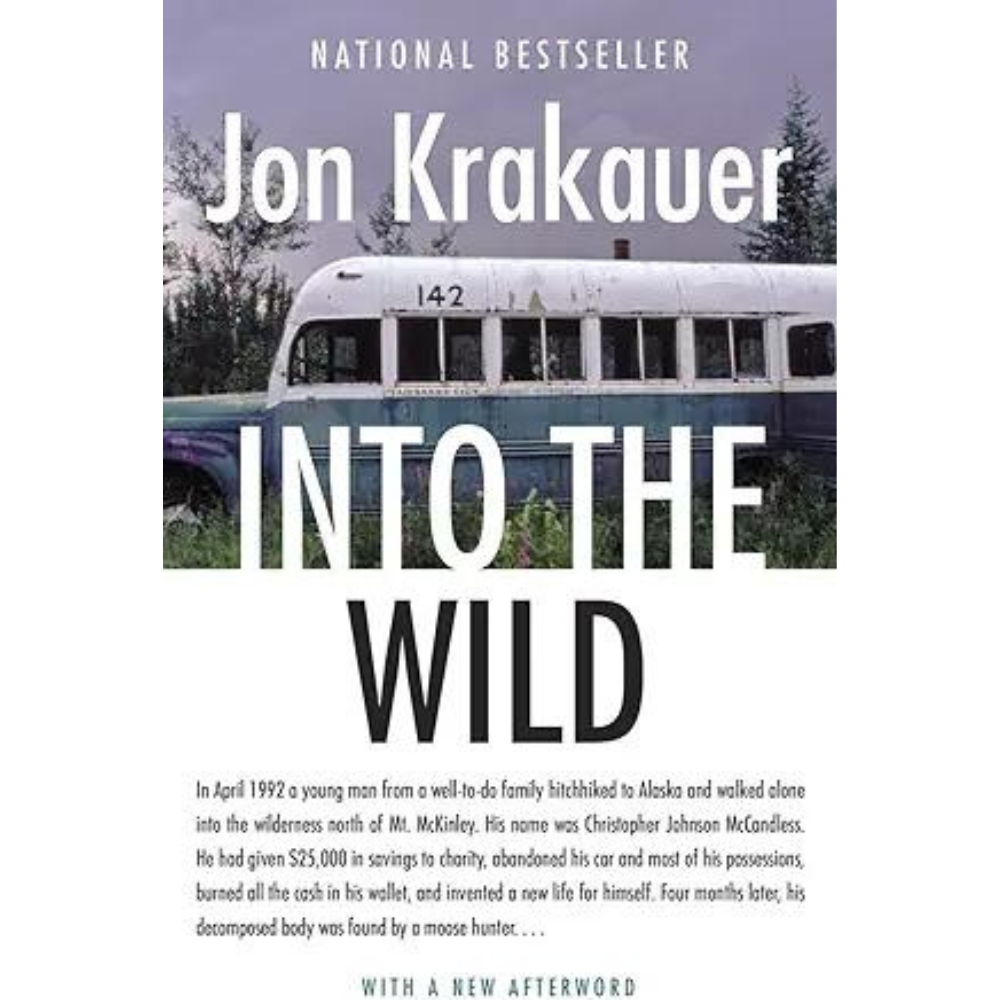
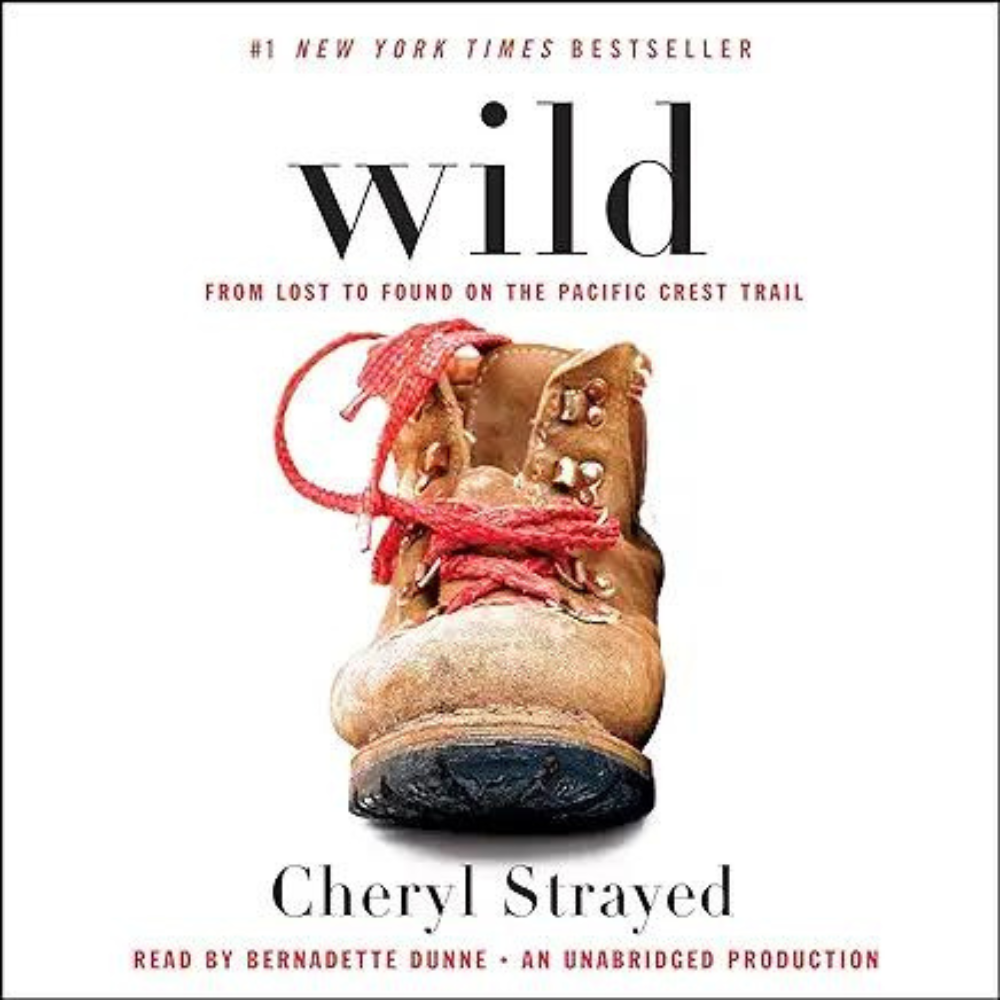
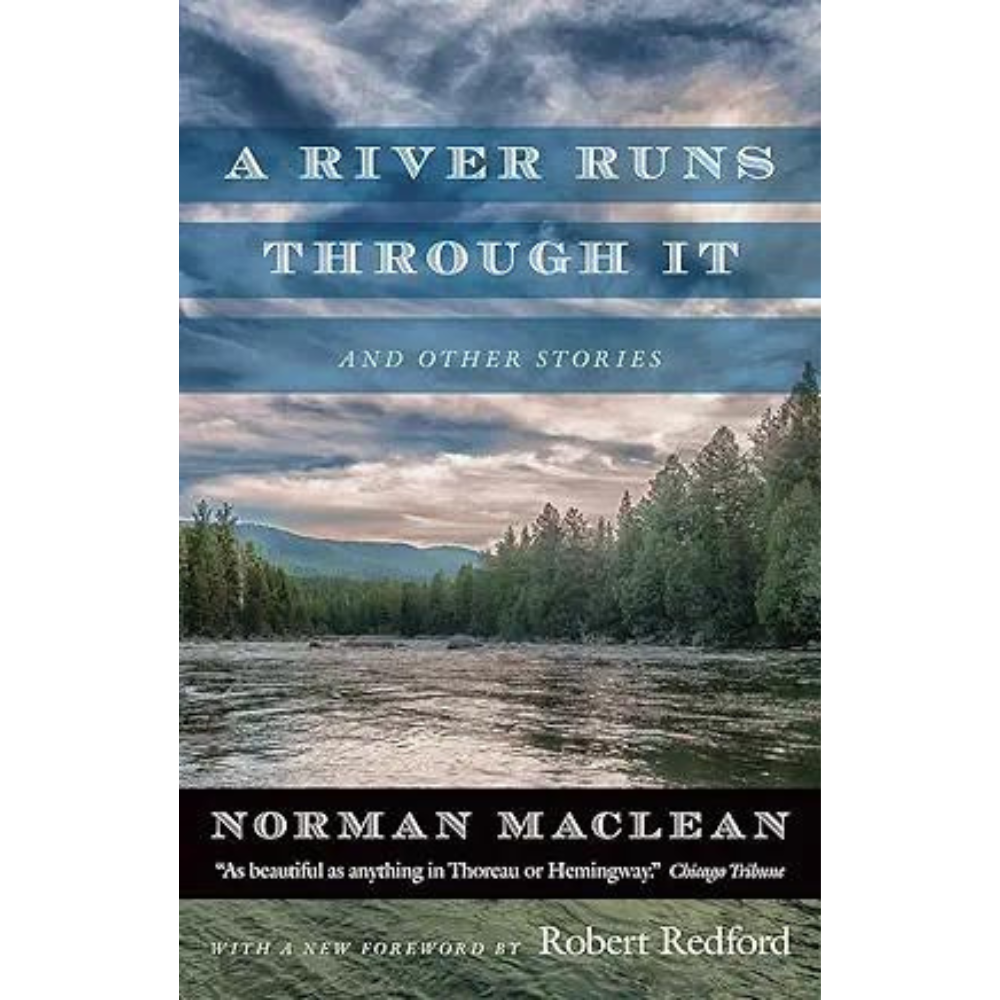
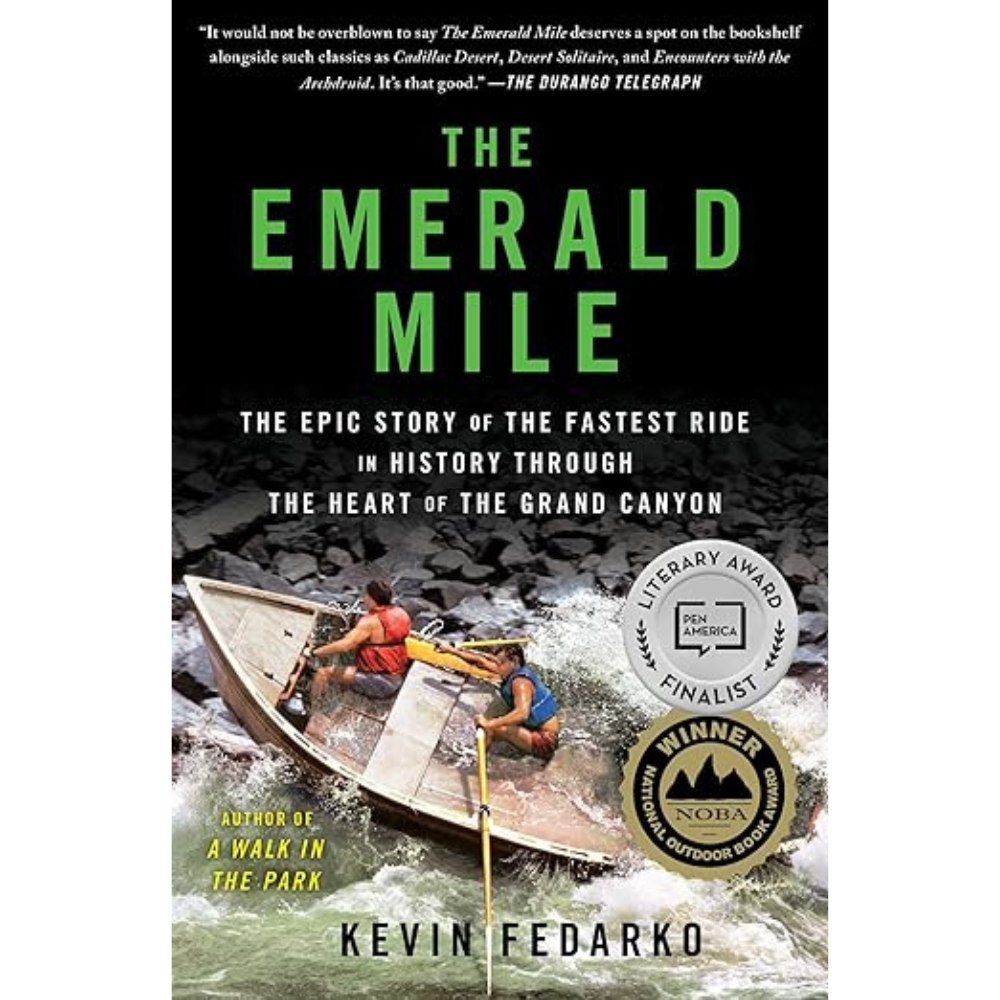
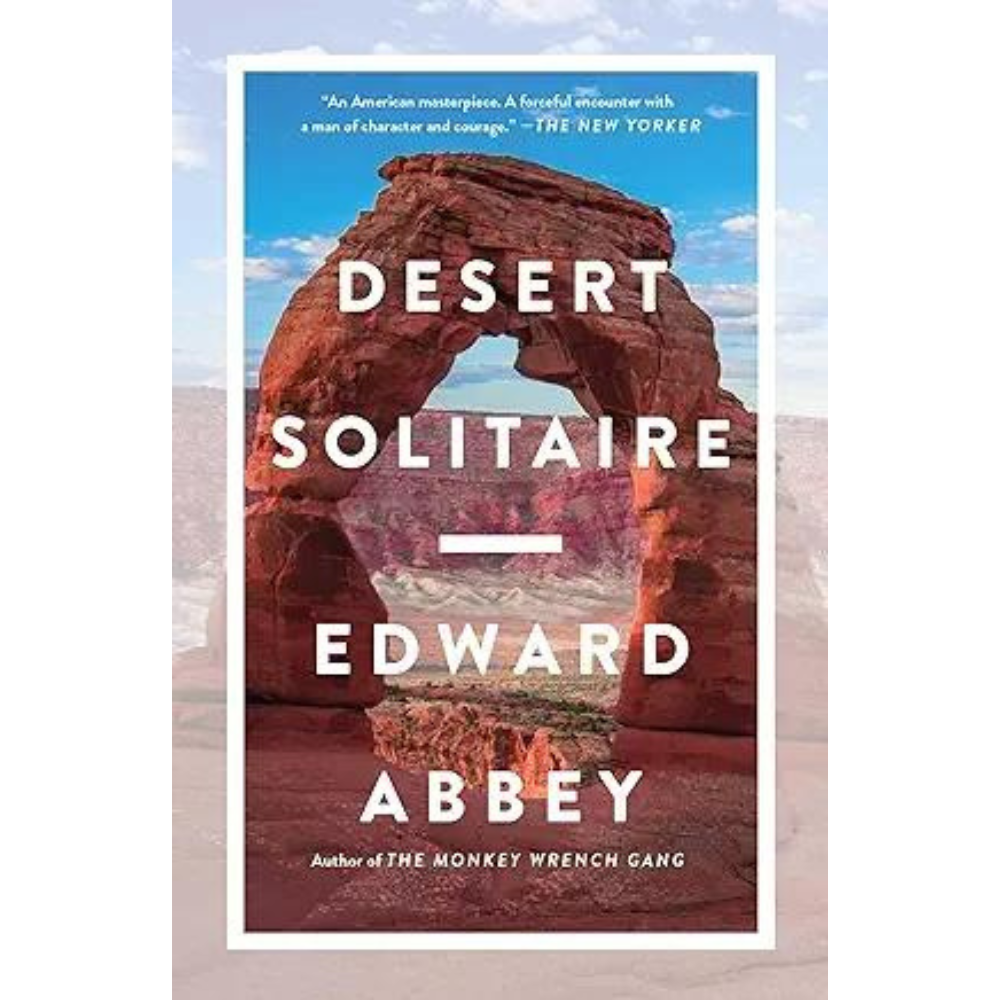
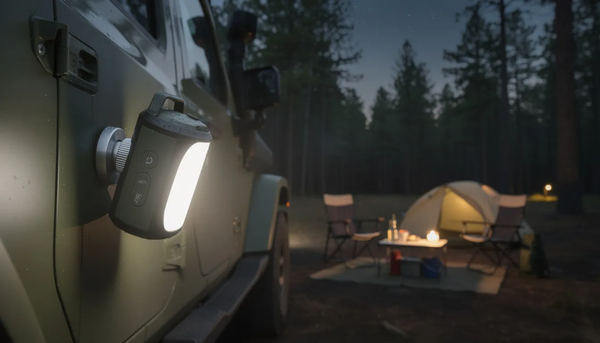
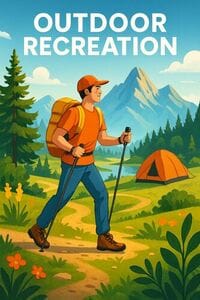
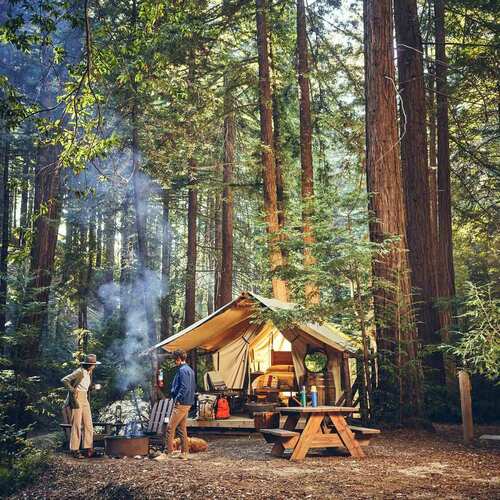


Member discussion